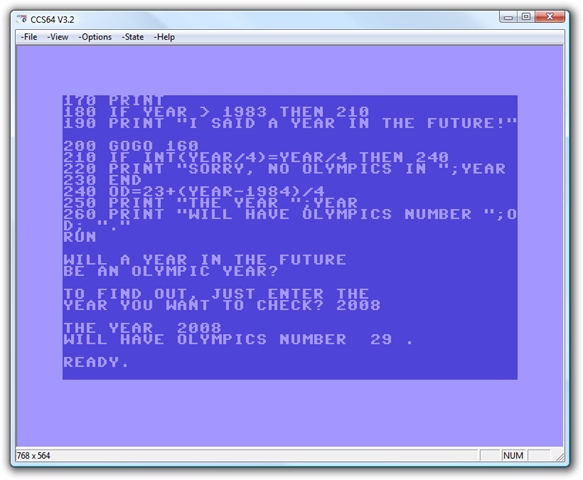Hanselminutes Podcast 68 - Orcas Overview
My sixty-eighth podcast is up. What's the big deal about Orcas, er, Visual Studio 2008? I sit down with my partner in crime at Corillian (now part of CheckFree), Patrick Cauldwell, and chat about .NET 2.0, 3.0, 3.5, oh my! We also talk a bit about dynamic languages, VB 10, and LINQ.
- Subscribe:



- Download: MP3 Full Show
- ACTION: Please vote for us on Podcast Alley! Digg us at Digg Podcasts!
If you have trouble downloading, or your download is slow, do try the torrent with µtorrent or another BitTorrent Downloader.
Do also remember the complete archives are always up and they have PDF Transcripts, a little known feature that show up a few weeks after each show.
Telerik is our sponsor for this show.
 Check out their UI Suite of controls for ASP.NET. It's very hardcore stuff. One of the things I appreciate about Telerik is their commitment to completeness. For example, they have a page about their Right-to-Left support while some vendors have zero support, or don't bother testing. They also are committed to XHTML compliance and publish their roadmap. It's nice when your controls vendor is very transparent.
Check out their UI Suite of controls for ASP.NET. It's very hardcore stuff. One of the things I appreciate about Telerik is their commitment to completeness. For example, they have a page about their Right-to-Left support while some vendors have zero support, or don't bother testing. They also are committed to XHTML compliance and publish their roadmap. It's nice when your controls vendor is very transparent.
As I've said before this show comes to you with the audio expertise and stewardship of Carl Franklin. The name comes from Travis Illig, but the goal of the show is simple. Avoid wasting the listener's time. (and make the commute less boring)
Enjoy. Who knows what'll happen in the next show?
About Scott
Scott Hanselman is a former professor, former Chief Architect in finance, now speaker, consultant, father, diabetic, and Microsoft employee. He is a failed stand-up comic, a cornrower, and a book author.
About Newsletter





